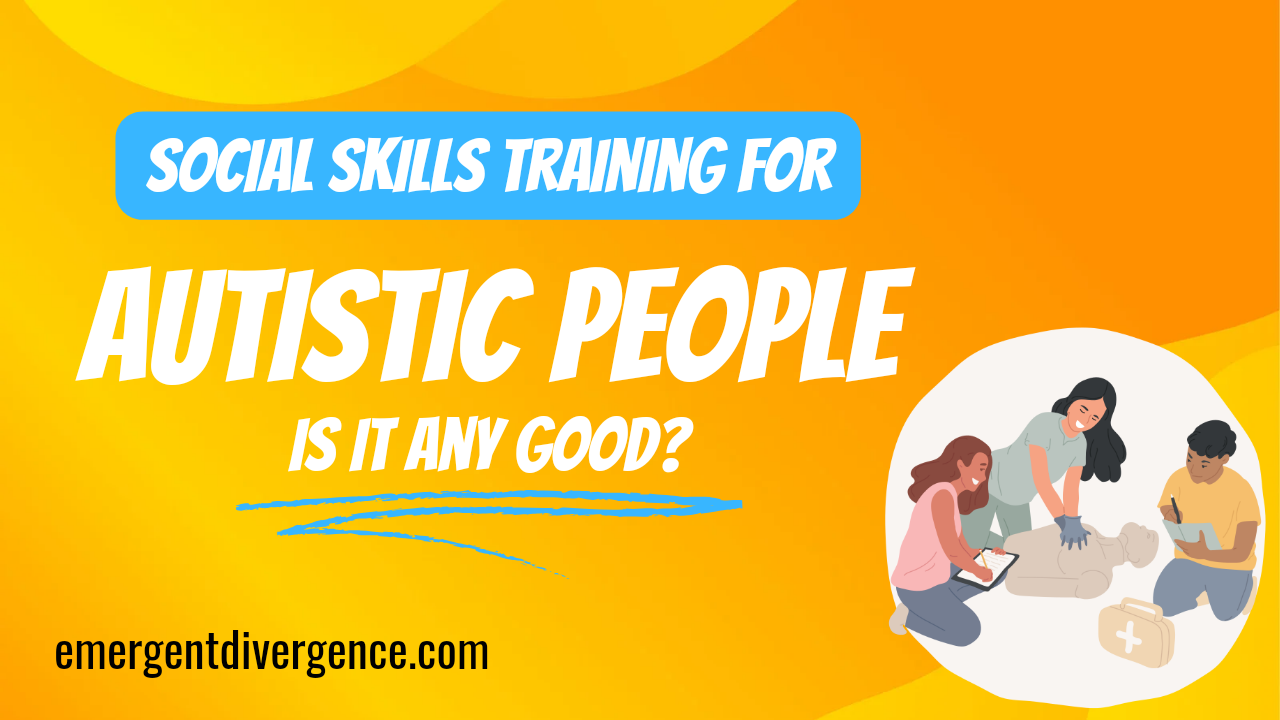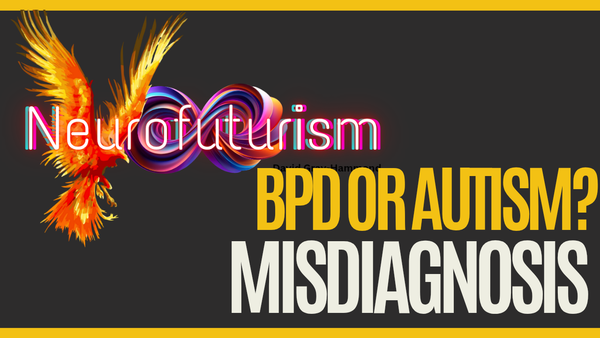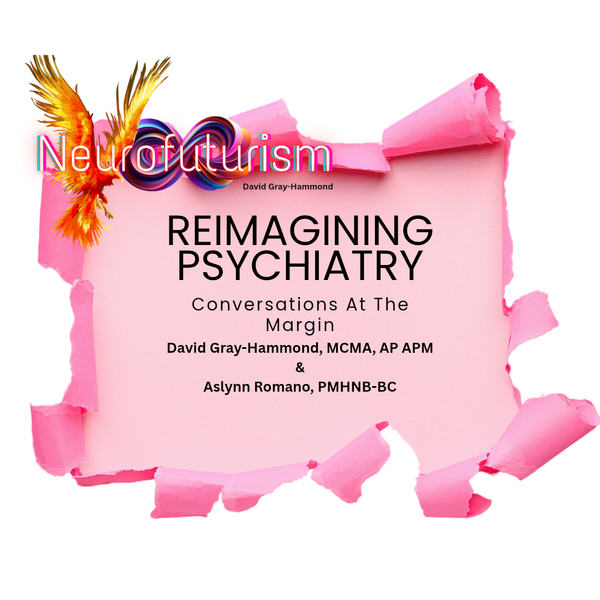Are social skills classes good for Autistic people?
Autistic people have been subject to accusations of lacking social skills and subsequent social skills training for decades. is this necessary, and does it serve a positive function? This article considers these questions and others, and draws conclusions on how this can be improved for not just Aut

In the world of autism there is one pervasive stereotype that has persisted for many years despite disagreement. It is the idea that Autistic people are socially inappropriate or even completely asocial, with this being used as a justification for social skills training for Autistic people. If we want to know why it , i invite you to consider the criteria within the DSM-5, which is the main text used by psychiatrists to diagnose conditions:
criterion A: persistent deficits in reciprocal social communication and social interaction
...
criterion D: symptoms cause clinically significant impairment in social, occupational, or other important areas of functioning
Taken from autism.org.uk
The other diagnostic manual used is the International Classification of Diseases (ICD-11), which features the following criteria
persistent deficits in initiating and sustaining social communication and reciprocal social interactions that are outside the range of typical functioning given the person’s age and level of intellectual development
...
characteristics result in significant impairment in personal, family, social, educational, occupational or other important areas.
Taken from autism.org.uk
It is clear from this that Autistic sociality is viewed as being in deficit. I would hazard an informed opinion that it is viewed as such due to neuronormative ideas of what communication and sociality should look like. I would also propose that these criteria and attitudes are framing Autistic experience completely wrong.
Do Autistic people lack social skills?
I have discussed previously that I view myself as AuSocial rather than asocial. For myself, socialising and communication is a lot more straightforward in a predominantly Autistic cultural space. This is echoed by many Autistic people online who anecdotally report the same.
To understand why Autistic social behaviours are viewed as lacking or in need of correction, it is necessary to consider the double empathy problem as proposed by Milton (2012). We should initially consider that what we consider appropriate social skills change according to global cultures. Golson et al (2021) highlight that basing diagnostic criteria on social skills is flawed because what is considered socially appropriate in one culture, may not be in another. This is our starting point for understanding the double empathy problem.
What is The Double Empathy Problem?
The double empathy problem proposes that there exists an empathy gap between different identity groups. An obvious example of this is how a cis-gender person can have a theoretical understanding of the challenges face by Trans+ individuals. Despite the unable to fully empathise with the experience because they themselves do not have the same experience of the world that a Trans+ person does.
With respect to Autistic people, marked differences in how we experience and process the world have given rise to online spaces with their own culture. This AuSocial culture is then pathologised and viewed as being in deficit because of normative attitudes that dictate what is and isn't good social behaviour.
Normative ideas can be understood via Plato's allegory of the cave. A prisoner is chained inside a cave their entire life. The only example of the world they see are shadows cast by puppeteers on the walls of the cave. Because this is their experience of the world, they assume it to be a true and accurate representation of the world around them.
Within this context, the shadows are the normative attitudes, and the puppeteers are the systems that create and uphold those attitudes. Because non-Autistic people exist in a different culture and world-experience to Autistic people, AuSocial behaviours are not seen as an accurate representation of human interaction. Thus, the double empathy problem shows us that Autistic people do not lack social skills, and their sociality is not impaired. Autistic people have a different style of sociality that is suppressed by a normative system.
Do Autistic People Need Social Skills Training?
One might be forgiven for thinking that the thesis at the basis of this article is that Autistic people don't need to learn or understand non-Autistic social behaviours. In fact, this would be an incorrect point to take away. AuSociality is valid, but does not exclude us from the need to understand the sociality or other cultural groups.
First, consider that Autistic communities are highly intersectional. Autistic Culture is not the only factor influencing social behaviours within Autistic spaces. To effectively communicate and socialise within Autistic spaces requires us to explore the differences between our own lived experiences, and that of others. A Black Autistic person will have different life experiences and cultural influences to that of a white Autistic person.
Secondly, Autistic social behaviours and communication do not exist in isolation. To participate in an inclusive world, it is necessary to understand the range of cultures within it. Much as an immigrant might learn English in order to participate in English society, Autistic people have to participate within a neurodiverse society where more than just Autistic people exist. Learning the language of other social cultures serves a useful purpose for our active inclusion.
This however comes with a caveat. The responsibility for crossing social divides should not rest solely on the shoulders of Autistic people. Current attitudes within Autistic social skills training endeavours seem to focus more on the replacement of AuSocial culture with that of a neuronormative one. In this respect, many social skills classes serve more of a purpose of forced colonisation of AuSocial culture than they do of empowering different cultures to benefit from each other's diversity.
What Makes Good Social Skills Classes For Autistic People?
The focus of social skills training needs to be cultural exchange rather than cultural conversion. If the aim of a social skills class is to eliminate AuSocial behaviours and replace them with neuronormative ones, that is enforced compliance rather than building on skills.
To create effective social communication within a neurodiverse society, individuals' natural sociality needs to be the foundation we build on. In that sense, Autistic people can be taught to utilise their natural AuSociality as a foundation for learning the language of other social cultures. For me, this highlights the importance of community involvement in the design of these endeavours.
Rather than framing it as "teaching Autistic people social skills", such environments could be designed as sites of cultural exchange, with the guidance of a neurocosmopolitan group, where in no privilege or preferential focus is given to any one style of social culture.
Current social skills training endeavours are harmful because they are built on the assumption that AuSocial behaviours are pathological rather than cultural. It is reminiscent of the way that certain global cultures are deemed as lacking intelligence because they can't succeed on an IQ test designed by and for white cultural groups. We are testing fish on their ability to climb trees rather than utilising their innate skills within the water to achieve a more positive outcome.
I invite anyone designing social skills classes to engage with Autistic cultural spaces as well as a diverse range of other cultural spaces. It is time we brought to an end this western-centric world view of how sociality should be performed and instead created a culture where in diversity is celebrated rather than eliminated.


